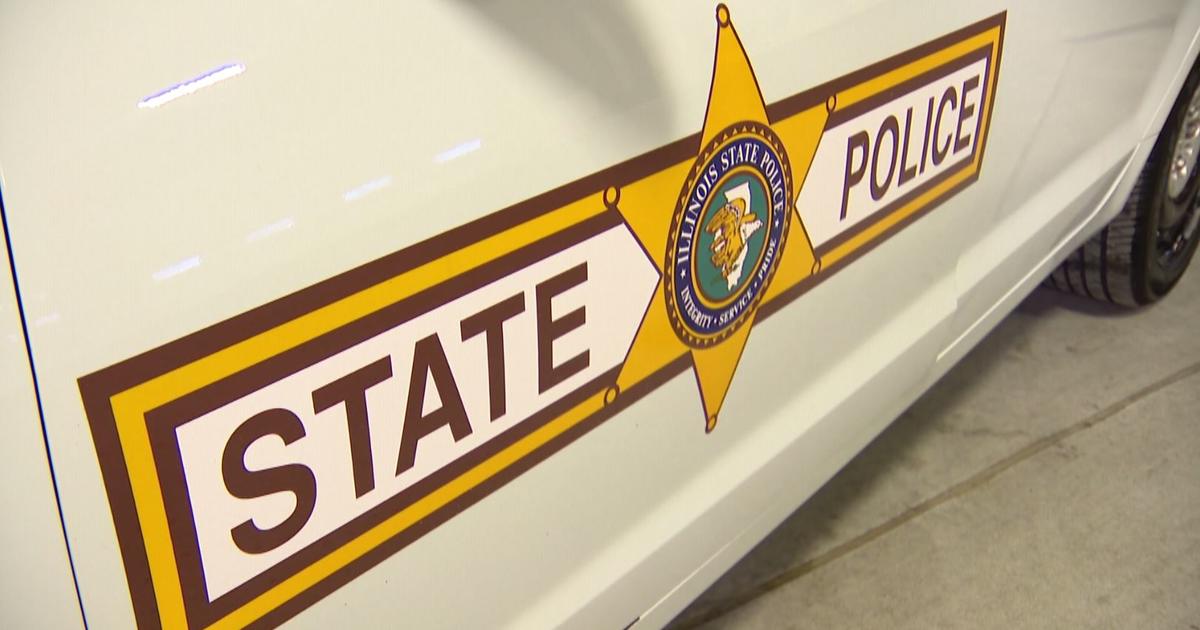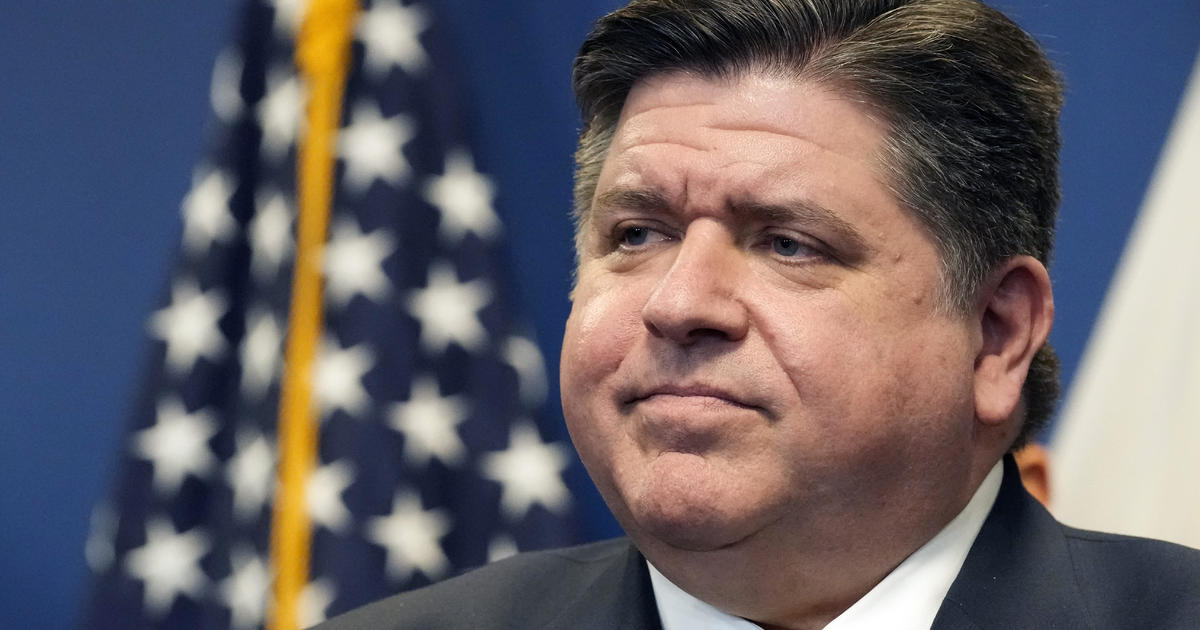Senate Panel Backs Medical Marijuana, Despite Concerns From Police
SPRINGFIELD, Ill. (AP) -- Leading Illinois law enforcement organizations stepped up their opposition Wednesday to legalizing marijuana for medicinal use, warning Gov. Pat Quinn in a letter about lax motorist safeguards on a day a committee moved the measure to the Senate floor.
The Illinois Association of Chiefs of Police and the Illinois Sheriffs' Association called on Quinn and transportation officials to speak up on the proposal, which would allow people with specific, debilitating illnesses to use marijuana for pain relief. The Senate Executive Committee endorsed the idea 10-5 after an emotional, highly personal hearing in which one lawmaker broke down while discussing how his late father might have benefited from the drug in dealing with cancer.
Police oppose the measure, which got House approval last month, because they say there's no clear-cut way to determine whether a motorist is driving under the influence of marijuana. The legislation states that federally approved field-sobriety tests are adequate to determine impairment, but Greg Sullivan, executive director of the sheriffs' association, said they aren't and predicted judges would toss out marijuana-related DUI cases as a result.
The bill would require anyone with a medical marijuana permit to submit to a field sobriety test during a police traffic stop. Sen. William Haine, an Alton Democrat sponsoring the measure, said such "divided attention" tests -- balancing and listening to instructions, for example -- are admissible in court and elucidating as to a motorist's state.
"It shows the ability to have your attention focused or not," Haine said after the hearing. "So, I don't see the beef."
But the police organizations say that the field tests approved by the National Highway Traffic Safety Administration haven't been shown conclusively to be effective in determining impairment by marijuana. And blood and urine tests wouldn't be effective because THC, the mind-altering chemical in marijuana, stays in a person's system for weeks, Jacksonville, Ill., police Chief Anthony Grootens told the committee.
"If you smoke marijuana today, 30 days from now you can still test positive for marijuana. That doesn't mean you're impaired," said Grootens, a former U.S. Drug Enforcement Agency officer. "Our concern is the impaired driver. Since we won't be able to use urinalysis or blood tests, we can only use field sobriety tests ... I think we'll be dead in the water trying to enforce this for DUI."
The committee hearing took a poignant turn when two senators brought the issue home. Sen. Terry Link said his wife has multiple sclerosis.
"It's a crippling type of disease," said the Waukegan Democrat, adding that marijuana "can alleviate the pain."
Sen. Kwame Raoul, a Chicago Democrat, shed tears during an emotional recollection of his father's ordeal with cancer and side effects of morphine.
"To think that there was a small chance that ... his final days could have been a little less painful, I think it would be worth it," Raoul said.
The police groups' letter, addressed to Quinn, state police and transportation officials, Secretary of State Jesse White and Haine, said the bill should determine and include at what level a marijuana user is impaired -- like the law does for alcohol -- allow blood and urine tests, and require a waiting period between consuming pot and driving.
The letter was hand-delivered to Quinn on Tuesday, but The Associated Press was given a copy of it in advance of its public release Wednesday.
"Illinois is a leader in traffic safety ... ," said John Kennedy, executive director for Chiefs of Police. "I can see highway deaths going up because of it."
Drug impairment can be determined in the field but only by a specially trained officer using a 12-step method, Sullivan said. There are just 24 police officers in the state qualified to conduct such a test.
Savvy defense attorneys will point out the problems and get impaired-driving cases dismissed, Sullivan said, so "a lot of these (cases) won't be charged."
Dan Riffle, deputy director of government relations for the Marijuana Policy Project in Washington, D.C., said motorists driving under the influence of marijuana can be prosecuted in the same manner as those using strong prescription pain medications. Drivers' records available to police will indicate whether a stopped motorist has a medical marijuana card.
"Anyone who's under the impression that if you're a medical marijuana patient, you've got a free ticket to drive after you've consumed marijuana is sorely mistaken," Riffle said. "The bill very clearly says if you drive under the influence, you can and will be prosecuted."
Quinn spokeswoman Brooke Anderson said the Democratic governor had not yet read the letter but said, "We're open-minded on this."
A spokeswoman said Quinn's Department of Transportation has not taken a position on the bill because officials consider it an issue of enforcement. A spokeswoman for the state police did not respond to a request for comment. The secretary of state has no position, a spokesman said.
(TM and © Copyright 2013 The Associated Press. All Rights Reserved. This material may not be published, broadcast, rewritten or redistributed.)



